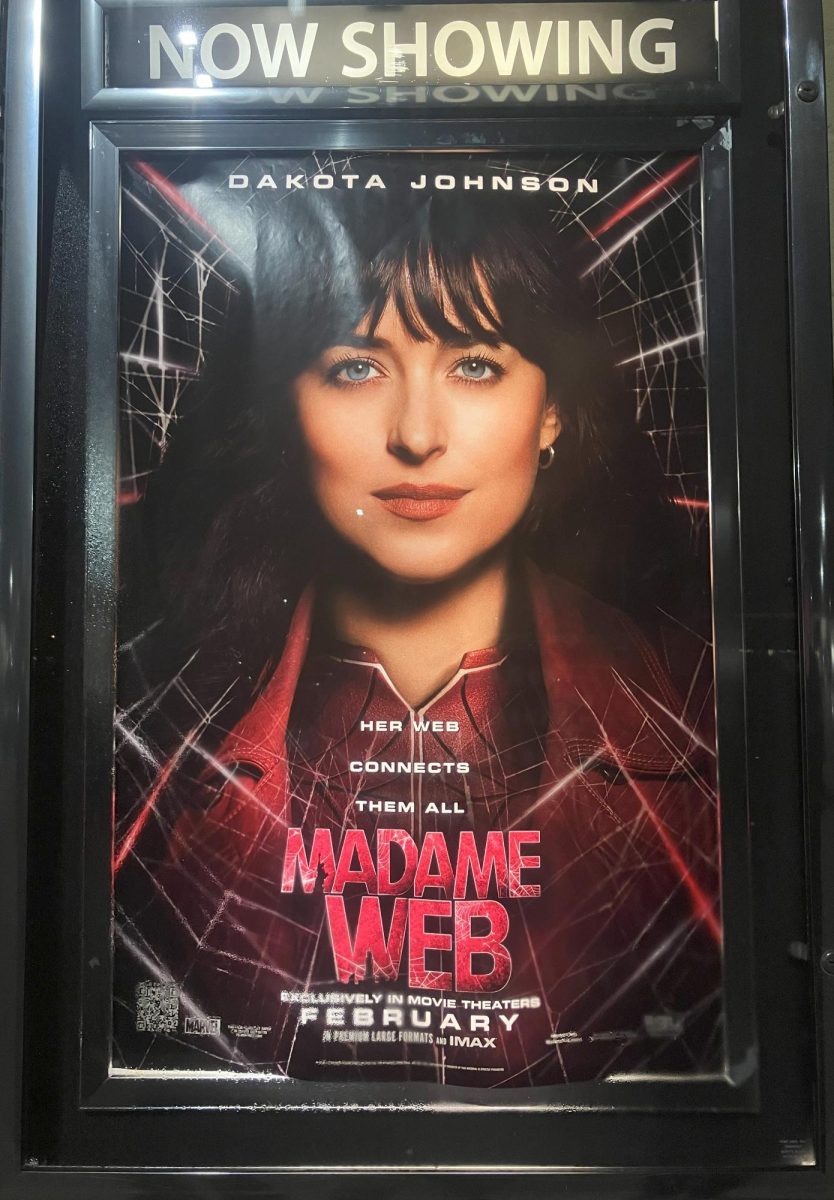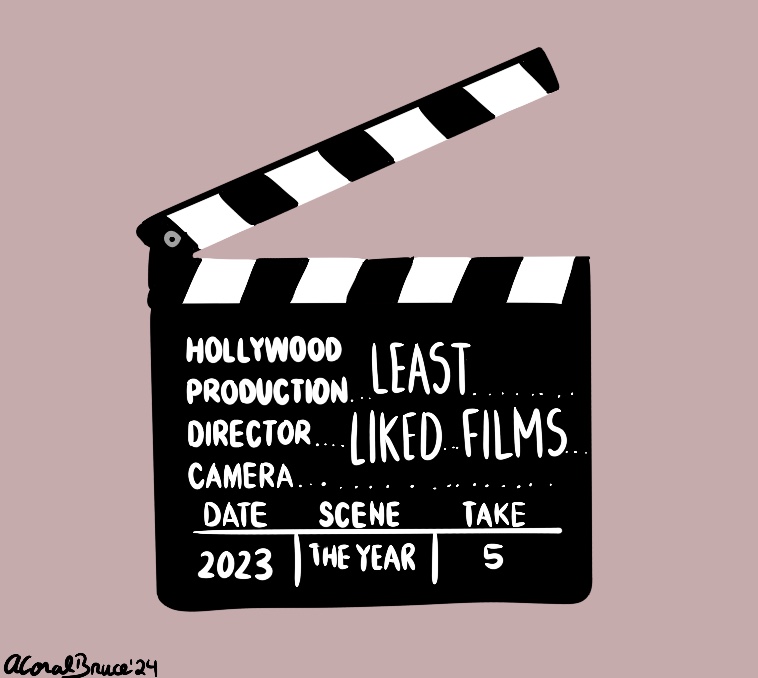The ensuing chaos surrounding the more than 250,000 diplomatic cables leased by whistleblower website WikiLeaks has grabbed the attention of headlines and people the world over for some weeks now.
Between radical conservatives labeling WikiLeaks editor-in-chief and spokesperson Julian Assange a terrorist and calling for his assassination and Internet “hacktivists” engaging in distributed denial-of-service attacks on the websites of organizations deemed hostile to WikiLeaks for severing ties with the organization (such as Mastercard), the tension is certainly rising.
According to Fox news, on Dec. 7 Democratic Sen. Joe Lieberman of Connecticut, who is also chairman of the Senate Homeland Security Committee, told Fox News that The New York Times should be investigated for its role in publishing the leaked cables.
“To me, The New York Times has committed at least an act of bad citizenship, but whether they have committed a crime — I think that bears a very intense inquiry by the Justice Department,” he said.
As journalists, we at the Review think it is important to examine the role of newspapers in handling sensitive and potentially damaging information.
The proper course of action depends on the situation. Sometimes it is best to publish sensitive information, especially if it is vital for public knowledge on important issues. At other times, it is best to withhold information, such as when it presents a clear threat to an individual’s safety.
Whichever route a newspaper chooses, however, it is still important to look at, investigate and analyze the information before coming to such a decision. We have a responsibility as a public resource for truth and analysis, and we must offer as much of it as possible when we have the opportunity to safely and accurately do so.
We believe The New York Times was correct in publishing the leaked cables not only because they would have been published everywhere anyway but also because the information is important for the public to know.
Chief Washington correspondent for The New York Times David Sanger was quoted on Dec. 8 in a story on National Public Radio defending the Times’ decision:
“This was never an easy decision to publish national security information,” he said. “I think at the end of this process, what we did was responsible, it was legal, and it was important for a democratic society.”
The Times did what it thought was in the public interest and can effectively defend its actions.
Journalists come across difficult and ethical decisions such as this on multiple occasions. These decisions must always be handled delicately and shouldn’t be rushed.
“It is the responsibility of American journalism, back to the founding of this country, to get out and try to grapple with the hardest issues of the day and to do it independently of the government,” Sanger also told NPR.
Whether it’s leaked international cables or personal, potentially harmful information about a professor or a student at Linfield, responsible journalism always reminds us to handle sensitive information with care. And no matter what decision is reached, journalists must always be ready and able to defend their decision.
-The Review Editorial Board






